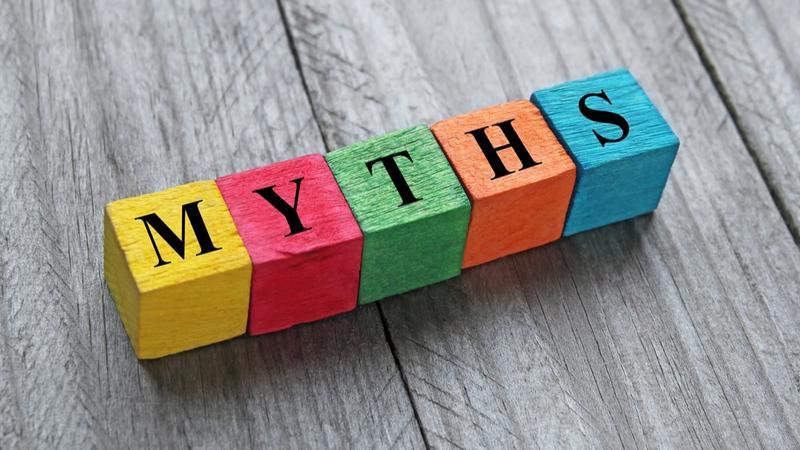Fact Or Fiction? InsuranceHotline.com received over 7,800 inquiries in 2005 regarding auto and home insurance. Here are the "Top 10 Insurance Myths".
It's "BUYER BEWARE" for 2006!
10) "No Fault Insurance" means "Not My Fault"
Right? Wrong. There's always fault. No Fault only means "your" insurance company pays for your damages "regardless" who is at fault.
9) No demerit points means no ticket
Right? Wrong. A ticket is a ticket "regardless" of demerit points when it comes to your car insurance rate.
8) My credit score does not affect my insurance rate
Right? Wrong. Insurance companies can look at your credit score and decide whether to increase your rate or even renew your home insurance. (Ask us about car insurance).
7) Males pay more than females for car insurance
Right? Wrong? Depends. Males under 25 years old can pay from $1,500 to $10,500 higher more than females drivers. At 25 years old gender is no longer a rating category.
6) The government should step in and regulate the insurance companies
Right? Wrong. The insurance industry is already highly regulated by the government.
5) "Acts of God" are not covered under your home insurance
Right? Wrong? Depends. Most "Acts of God" are covered. (Call us for a list of the exceptions. And ask us if acts of terrorism are covered).
4) If I lend my car and my friend has an accident, his insurance will pays
Right? Wrong. When you lend your car, you lend your insurance. Your insurance will pay for your damaged car, your rate will increase, and the claim will show on your record just as though you had the accident.
3) The government reduced insurance rates by 10.6%.
Right? Wrong. There was an "overall" rate reduction, but while some drivers saw their rate decrease, others received rate increases. (Call and ask us how rate decreases can cause rate increases).
2) A small claim will not affect my rate as much as an expensive one will.
Right? Wrong. Even if the insurance company doesn't pay a dime, an accident is an accident, and your rate will increase for 6 years. While some insurance companies may only increase your rate by a couple of hundred dollars, others will increase it by thousands, regardless of the payout.
1) A new car will increase my insurance rate.
Right? Wrong. Most drivers are paying an average of $600 more than necessary for their car insurance. Doing a rate comparison on InsuranceHotline.com will direct them to which insurance company offers the lowest rate for their car, home, life and business insurance.
*May this year's resolution to compare insurance rates, through www.InsuranceHotline.com before your renewal, be a good start to spending your money wisely in 2006. Happy New Year!
